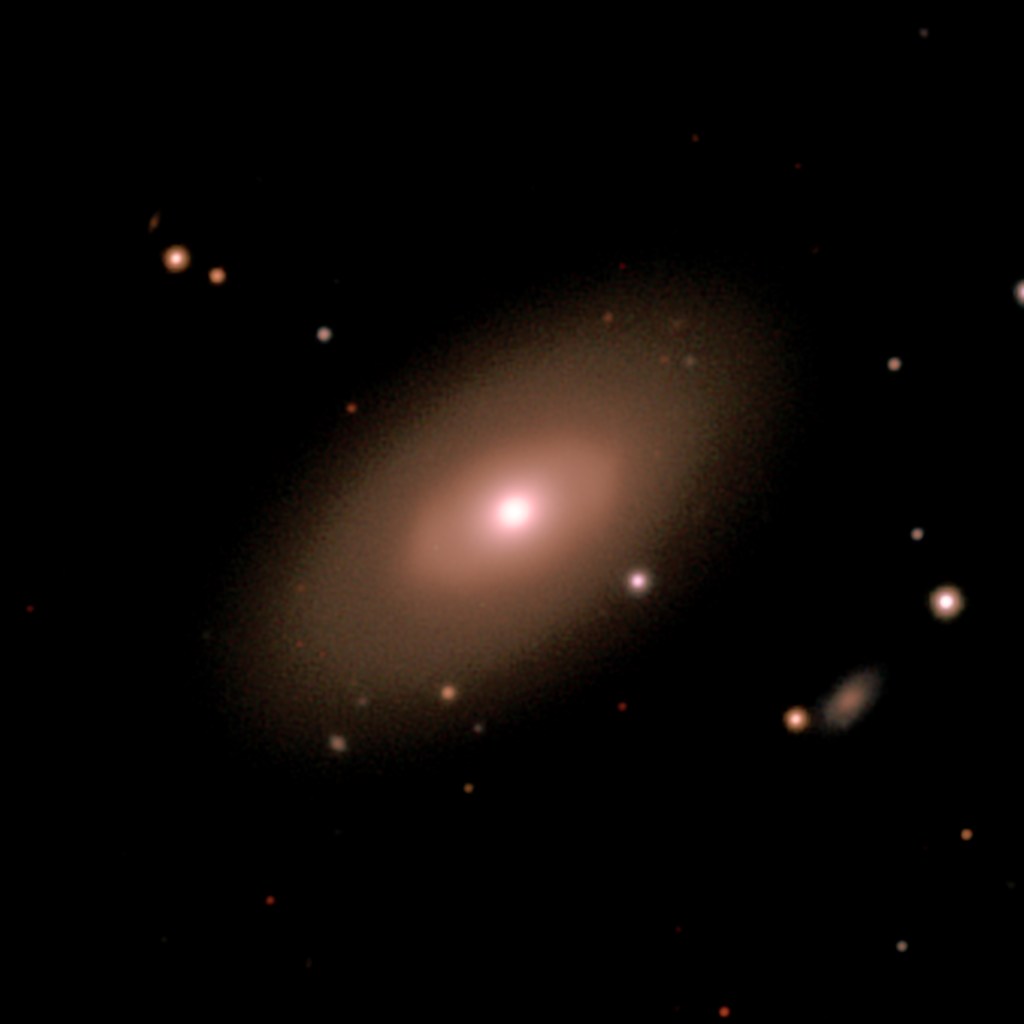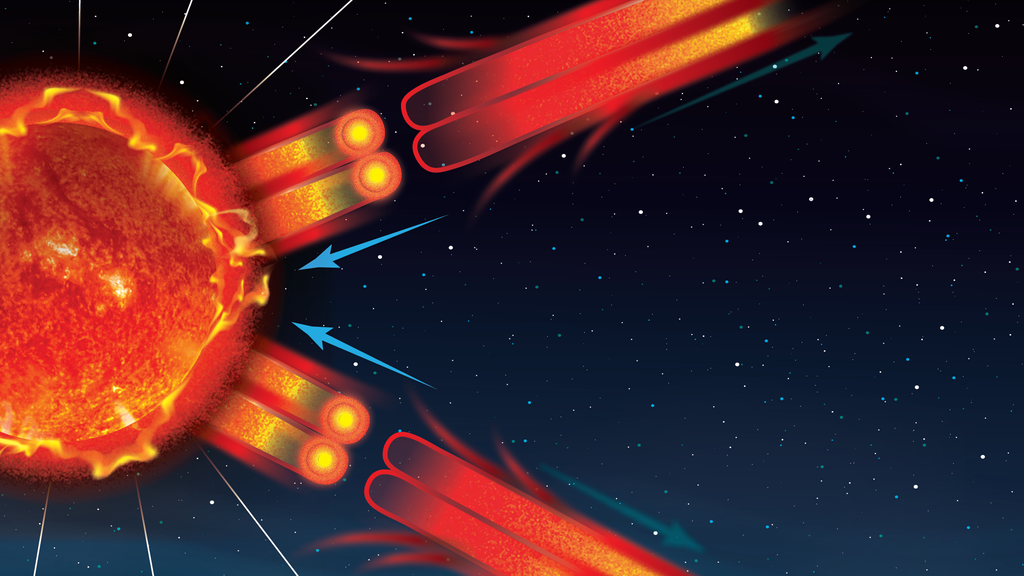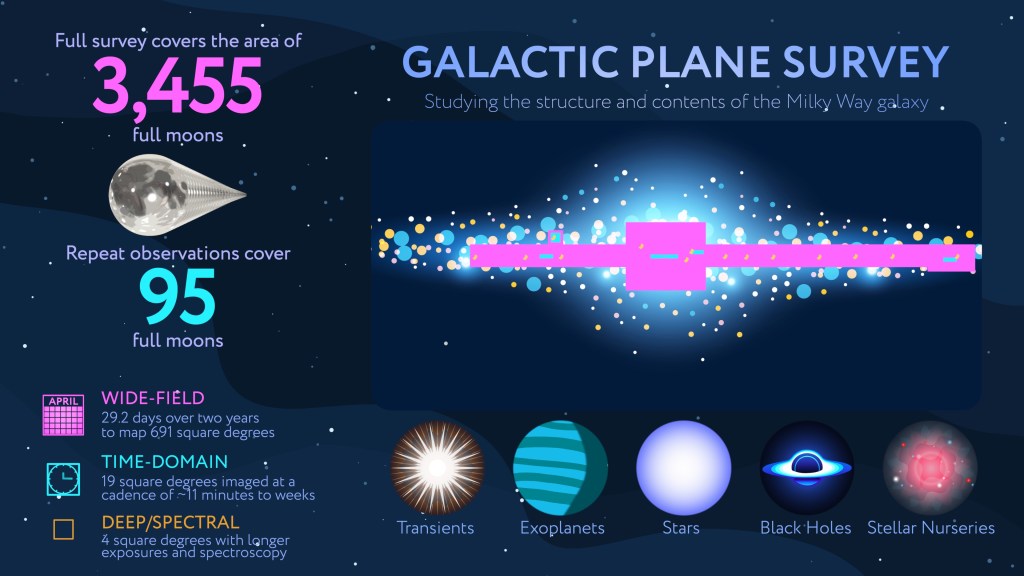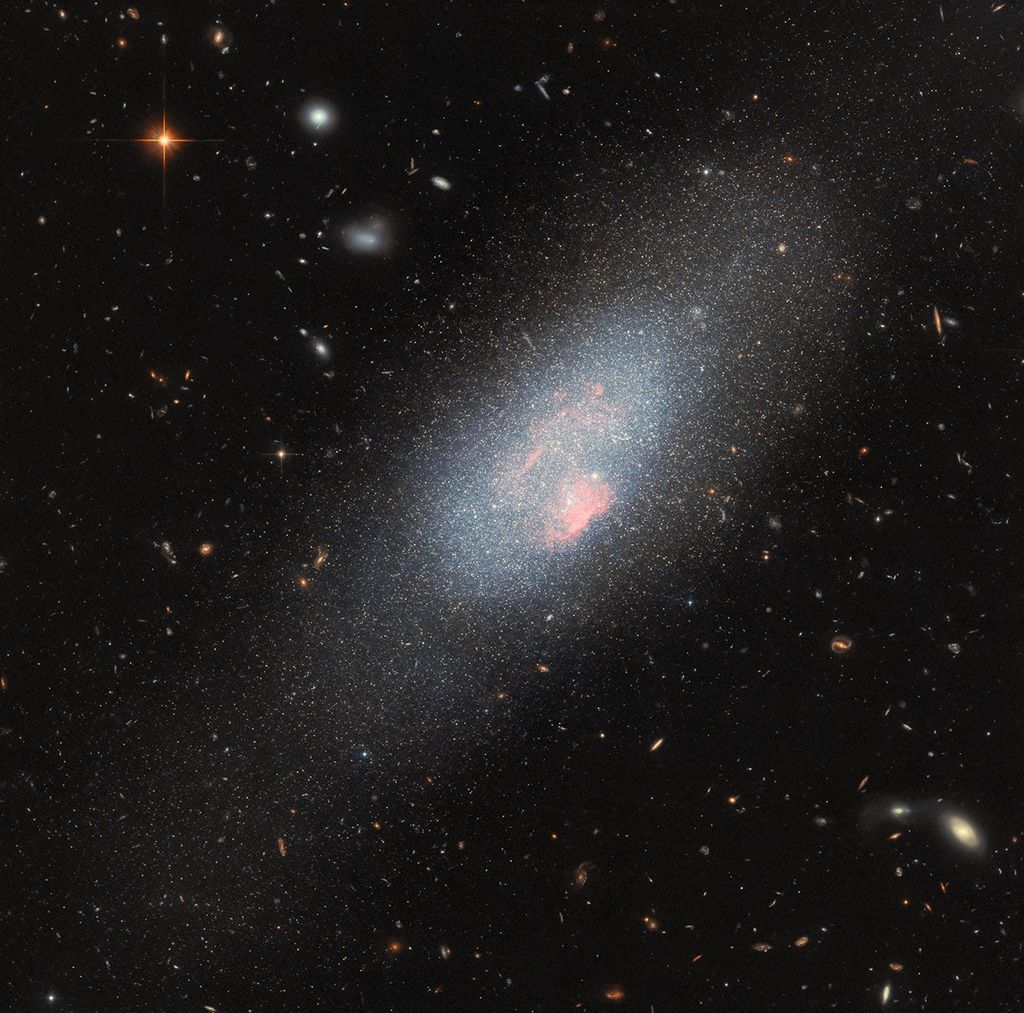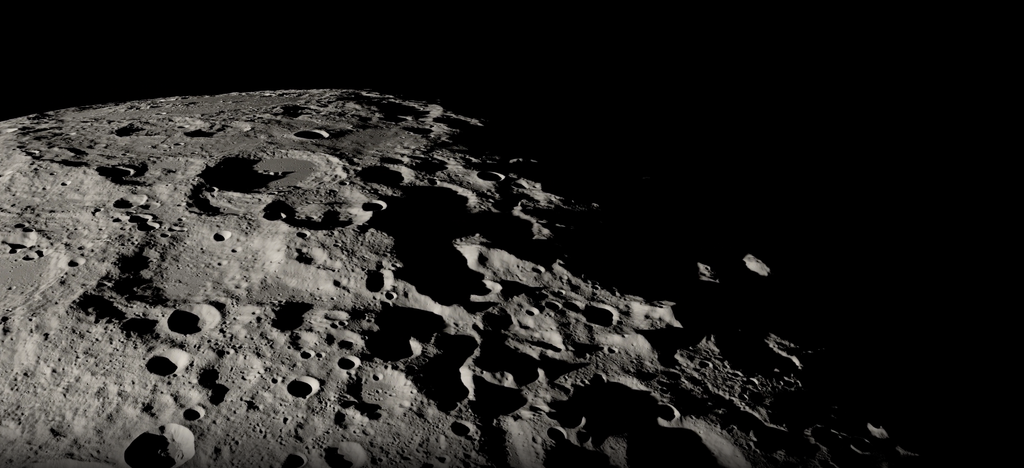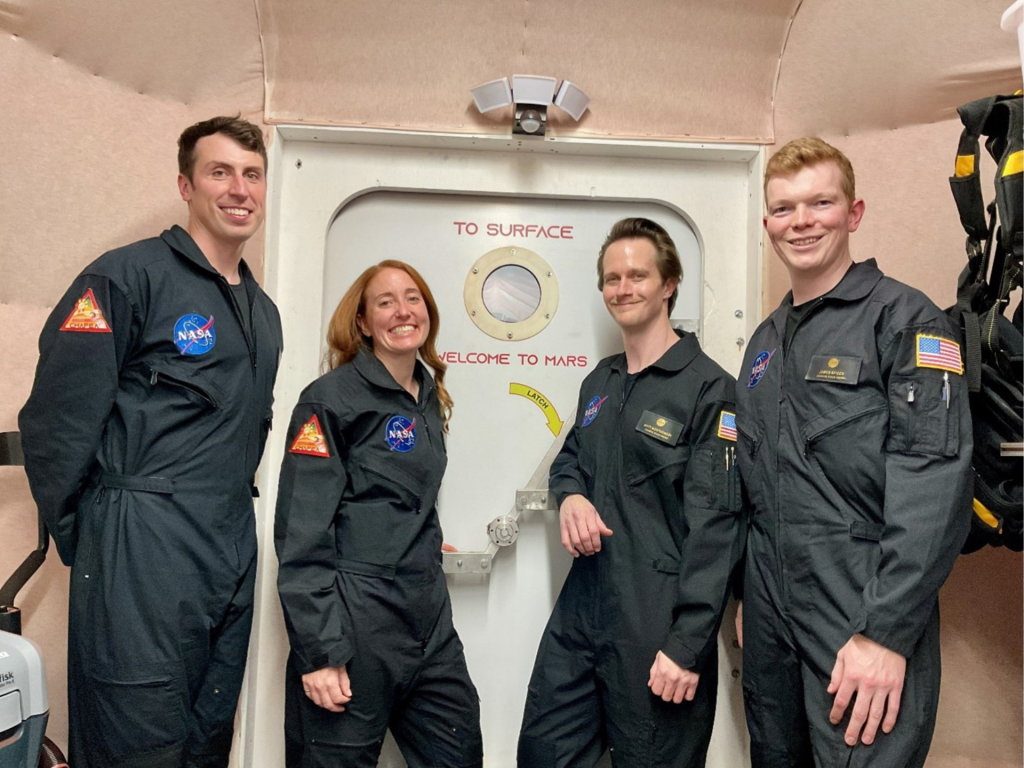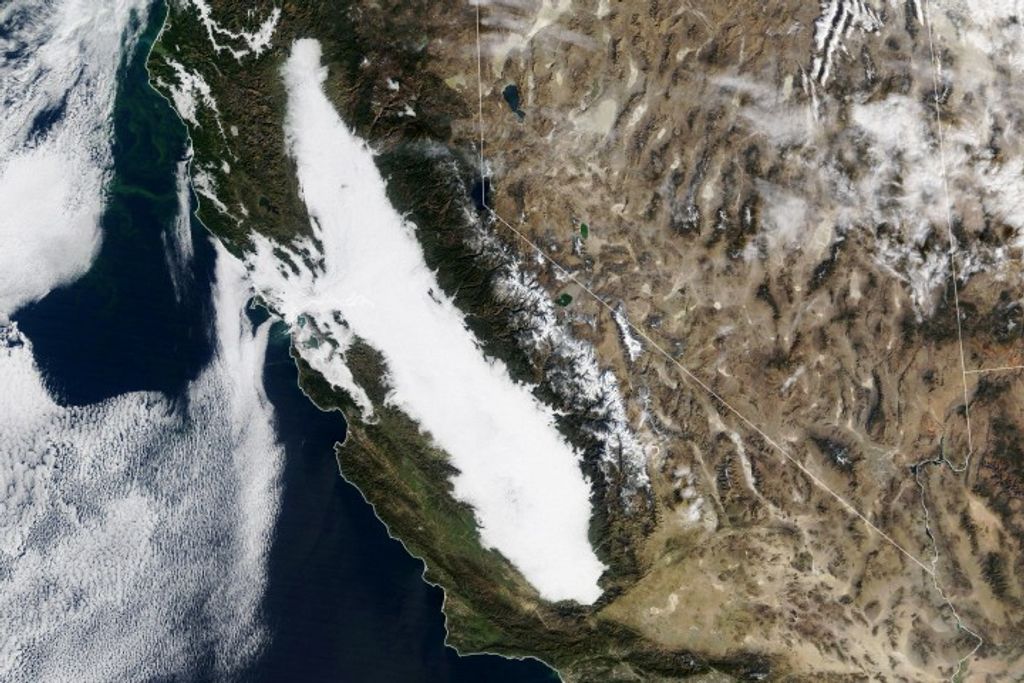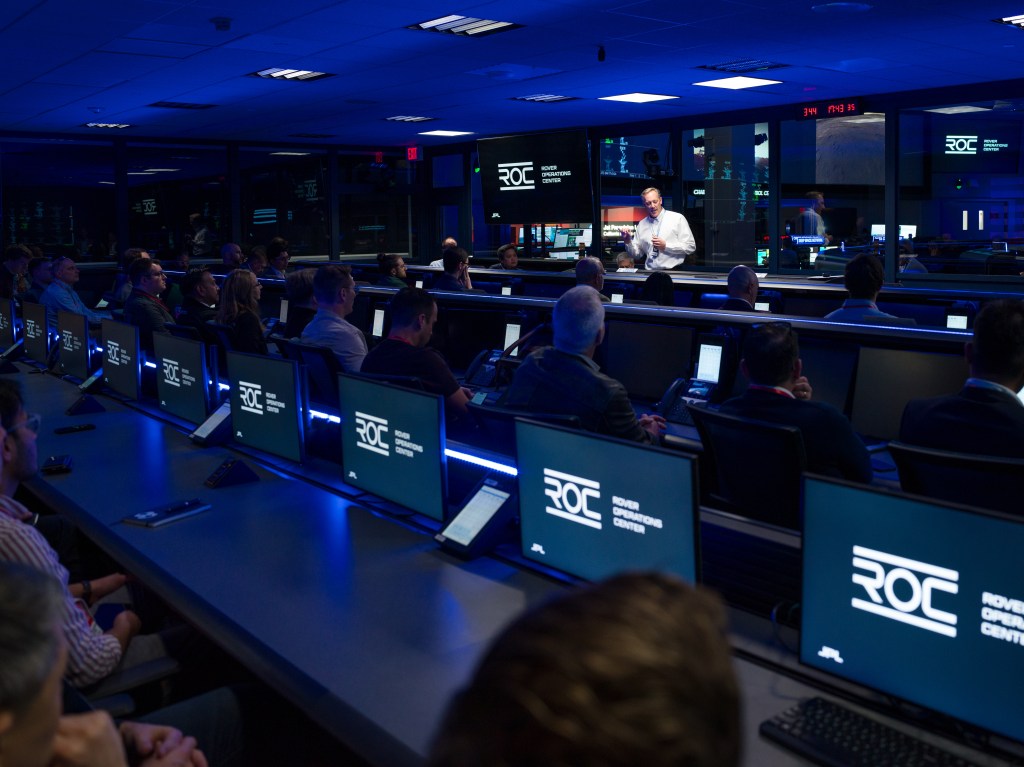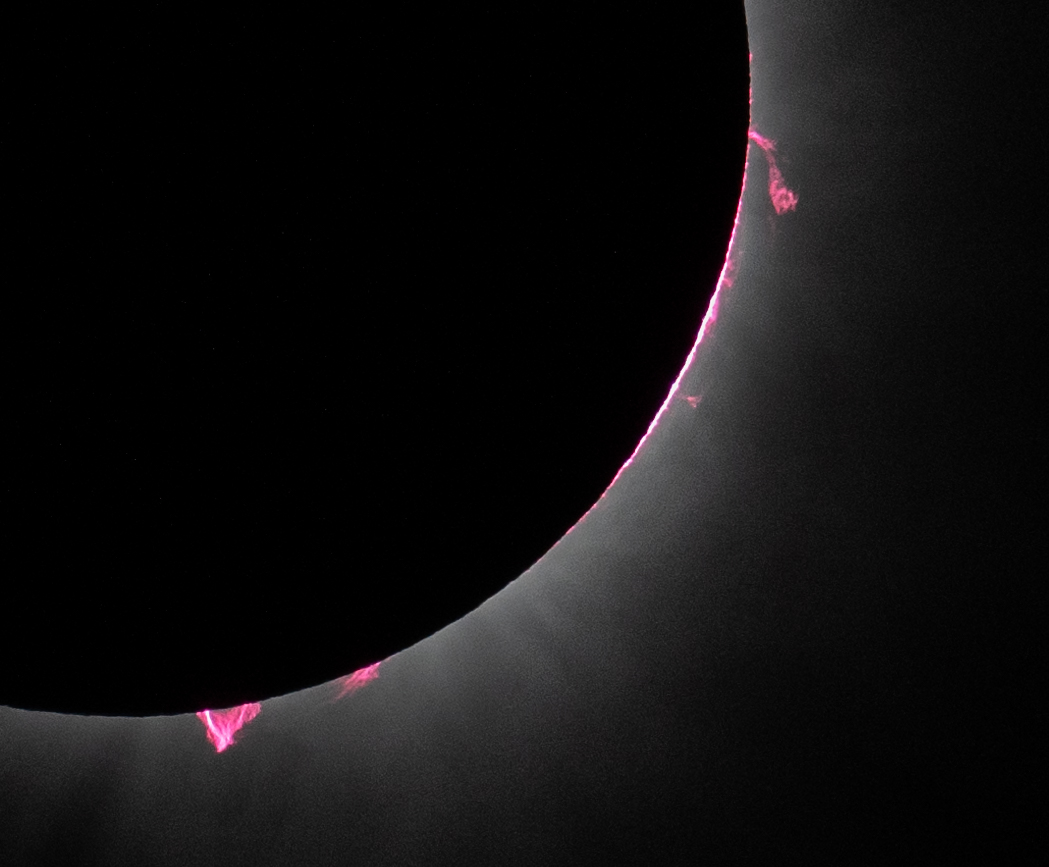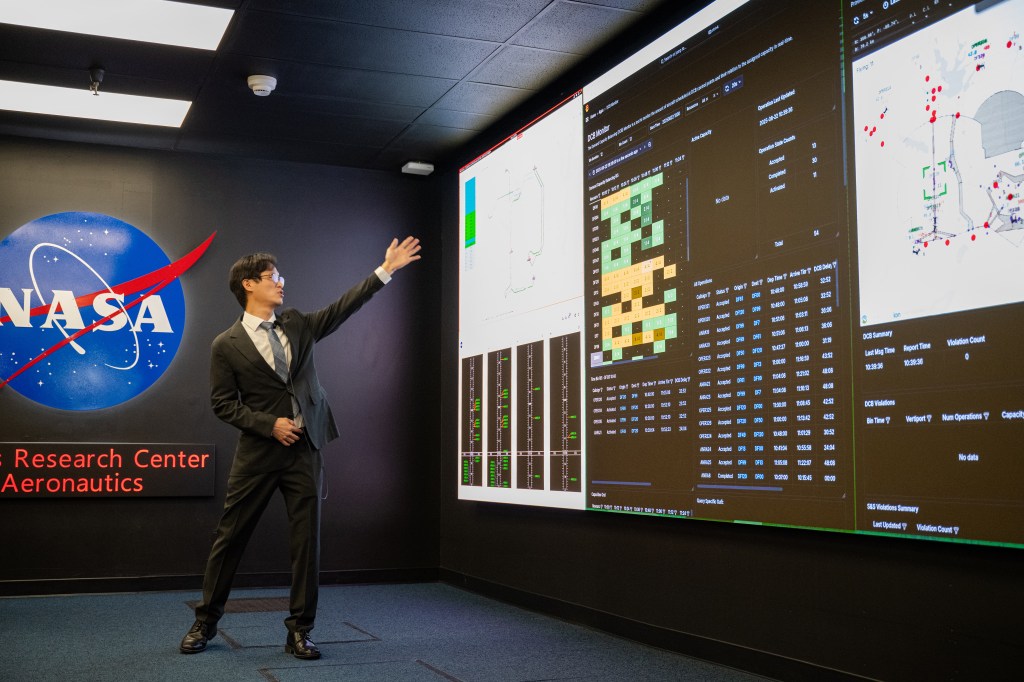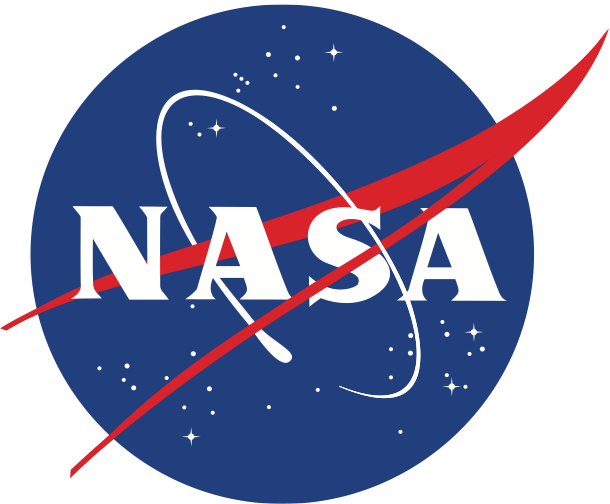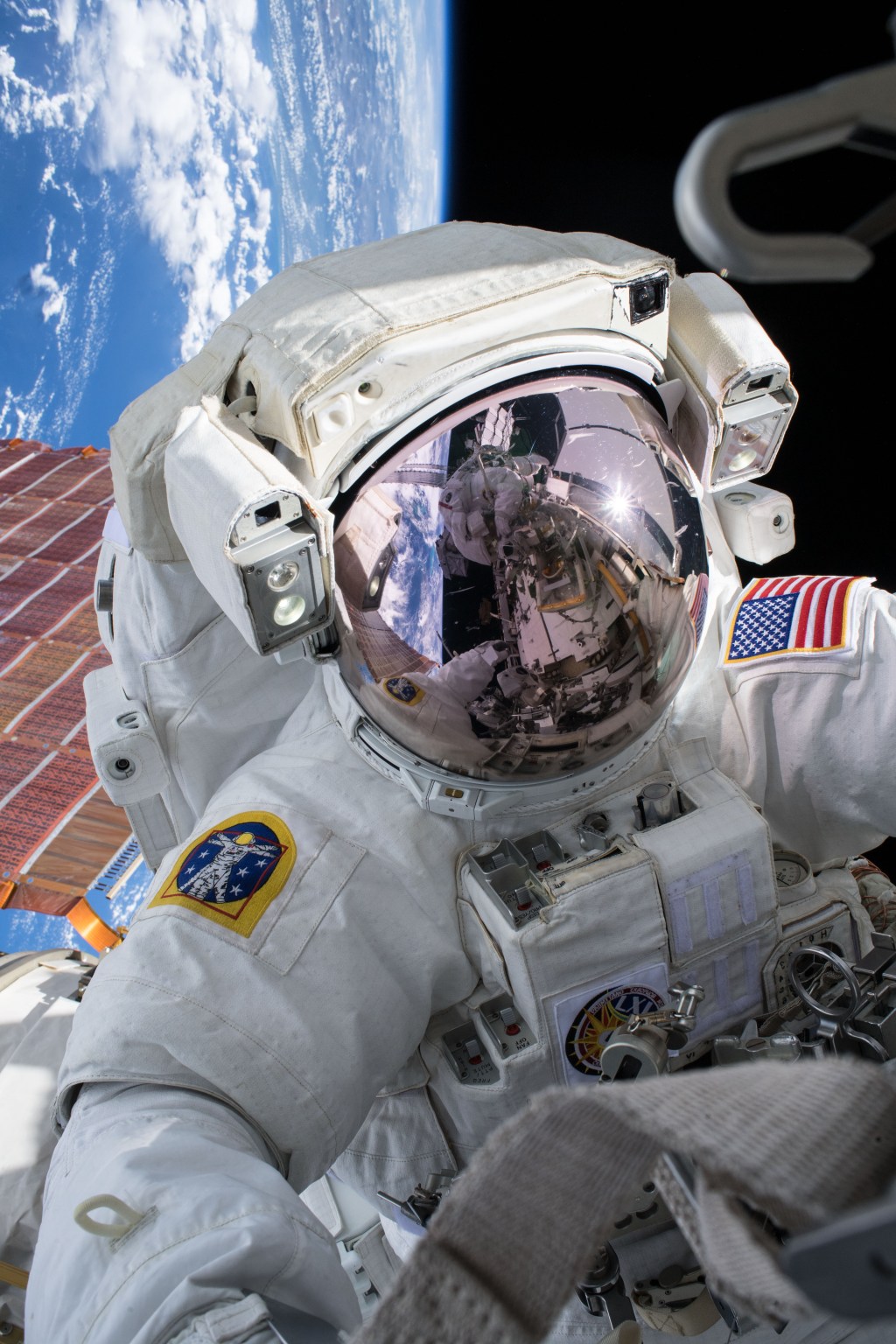What’s Up: December 2019 [Video]
| Credit | NASA/JPL-Caltech |
|---|---|
| Language |
|
What can you see in the December sky? Beautiful pairings of planets and the crescent Moon throughout the month, at sunrise and sunset.
› Details and Sky Charts
Transcript
What's Up for December? Venus, Saturn, the crescent Moon and Mars make close passes at dusk and dawn throughout the month.
December starts off with a lovely string of pearls — with Jupiter, Venus, Saturn and the crescent Moon forming a lineup at dusk on December 1st.
You'll need a pretty clear view toward the horizon to see Jupiter, which is setting soon after the Sun these days. Look for an unobscured view toward the southwest about half an hour after sunset.
In the middle of December, watch each evening from the 9th through the 13th, as Venus and Saturn just skim past each other, with brilliant, cloud-swaddled planet Venus rising higher in the sky each day.
Early risers can catch a glimpse of the Red Planet being visited by the slim crescent of the Moon on December 22nd and 23rd. To see them, look toward the southeast about 45 minutes before sunrise. You'll see the Moon above Mars on the 22nd. By the 23rd, it's moved below Mars and a bit toward the east.
At the end of December, you won't want to miss a dazzling pair-up of Venus and the crescent Moon. On the 28th, look low in the southwest sky at dusk to find Venus hovering in twilight just above a slim lunar crescent.
NASA's space missions explore the Moon and the planets of our solar system to answer fundamental science questions about where we come from, where we're going and whether we're alone.
Here are the phases of the Moon for December.
Follow all of NASA's current and future missions at nasa.gov. I'm Preston Dyches from NASA's Jet Propulsion Laboratory. Join us next year as we continue to ask, "What's up?"


